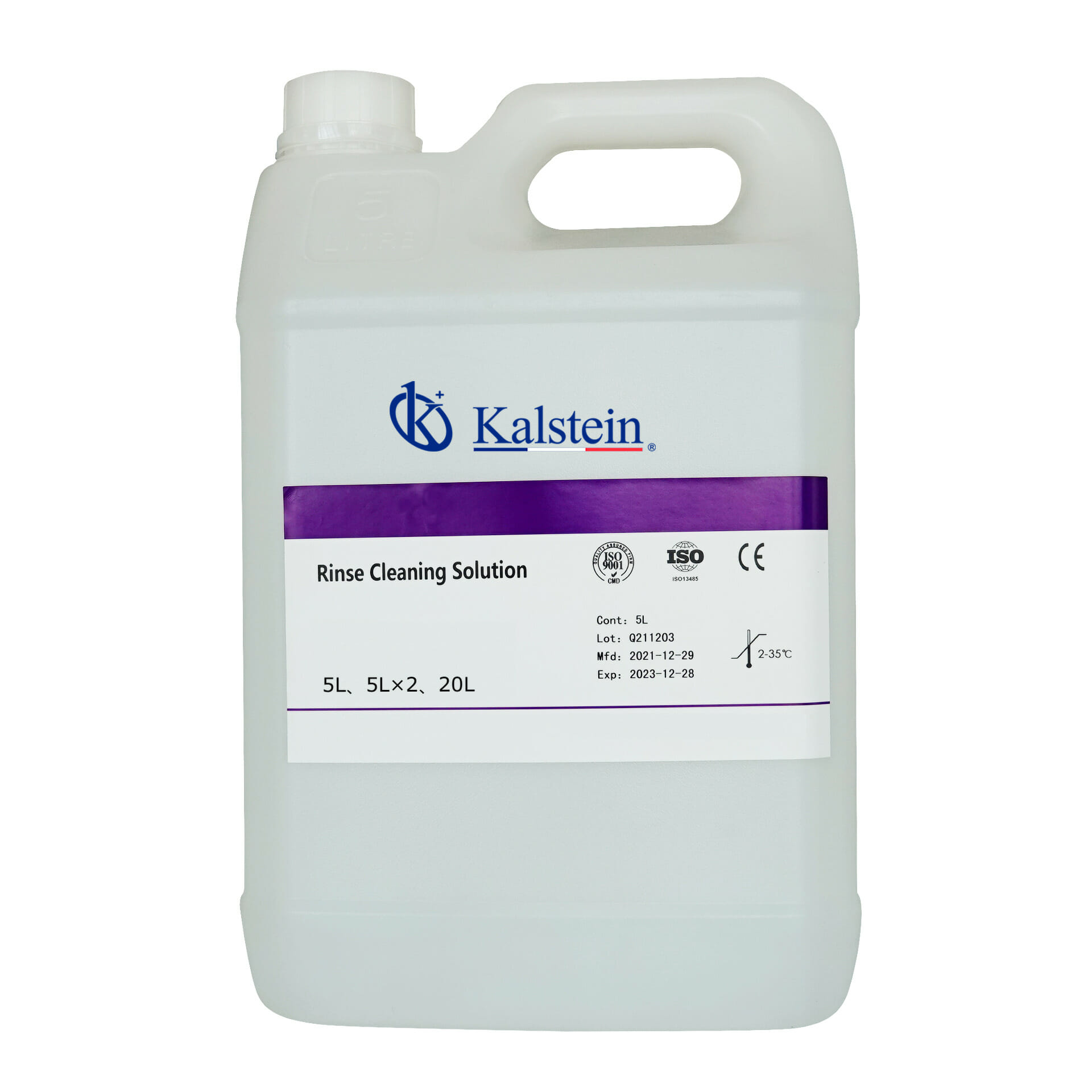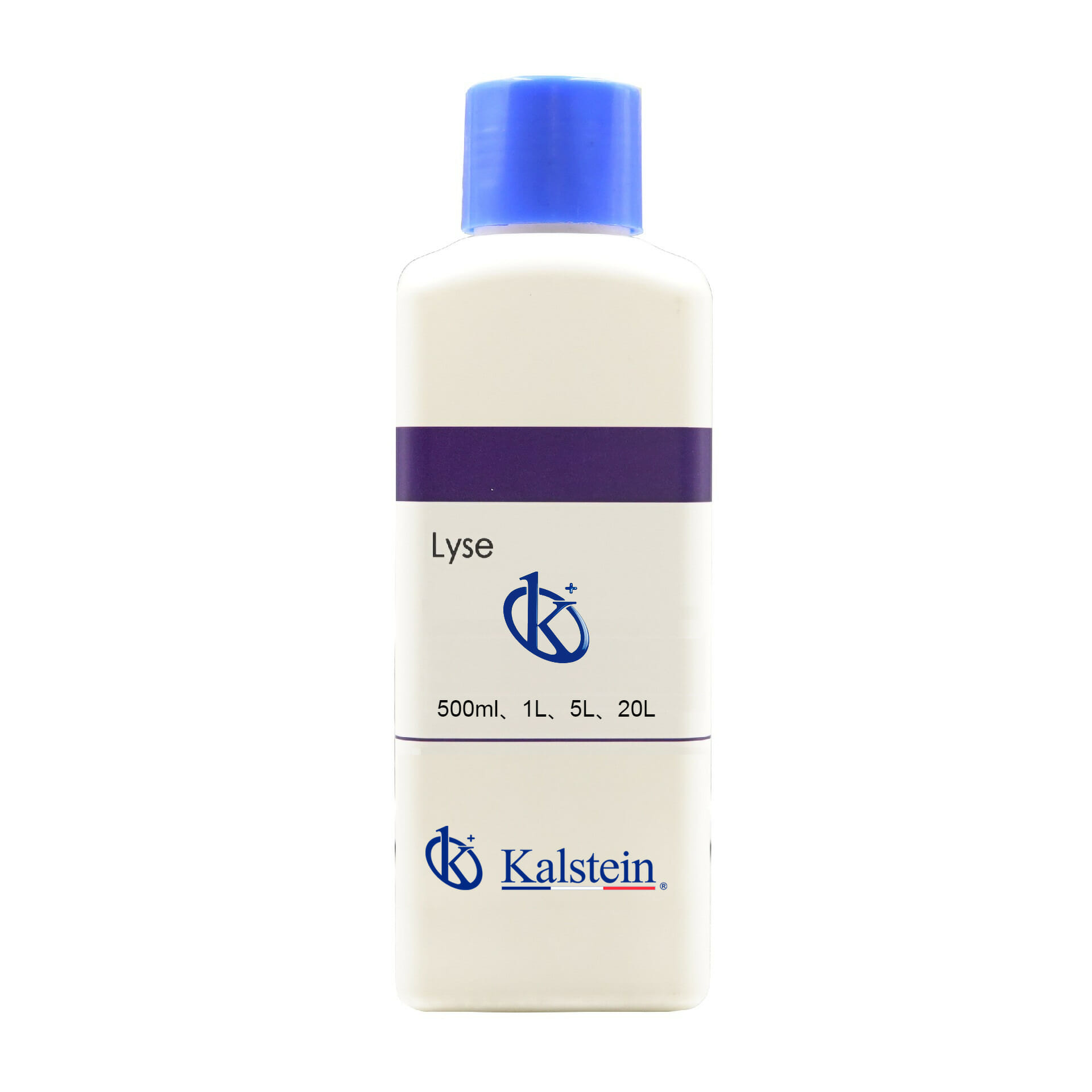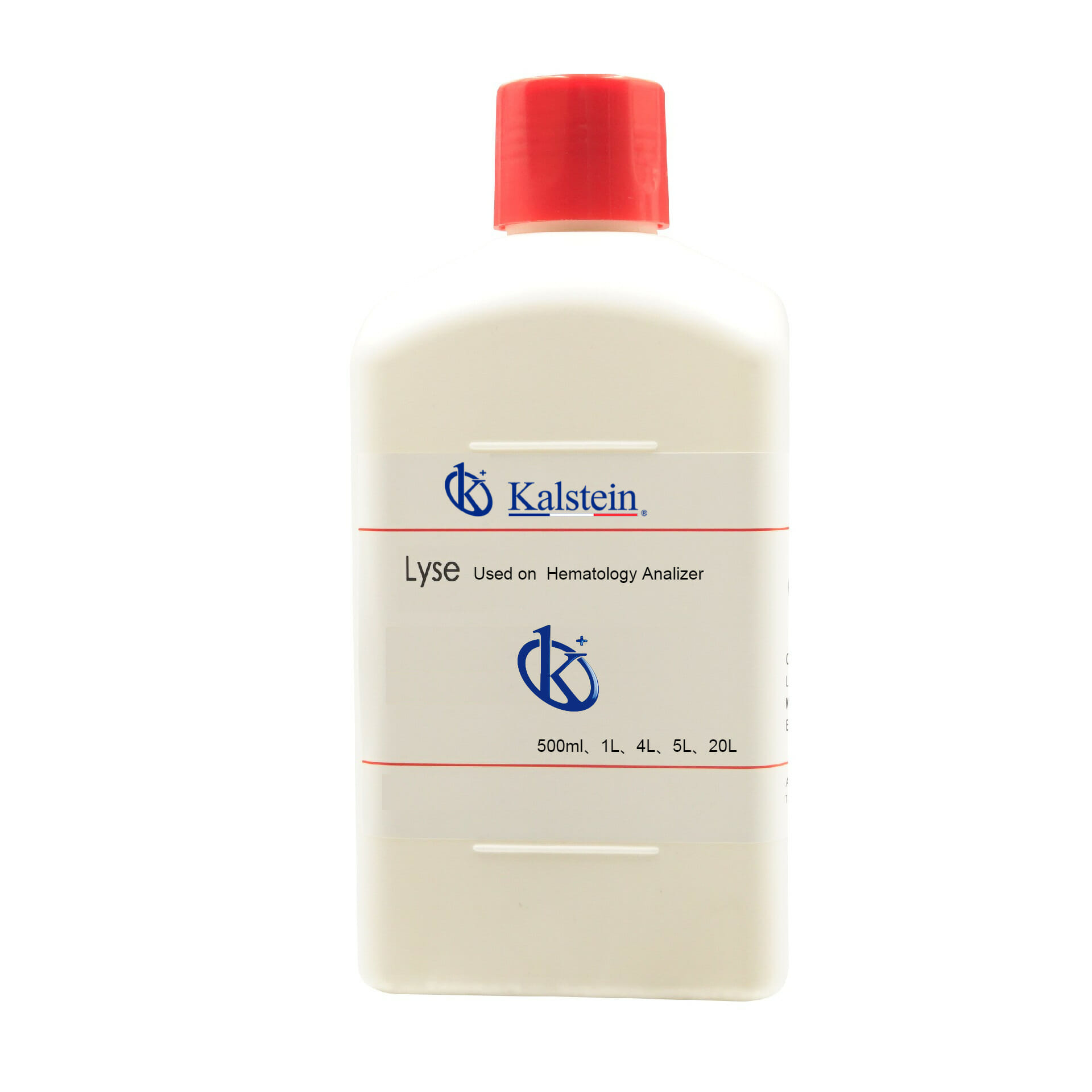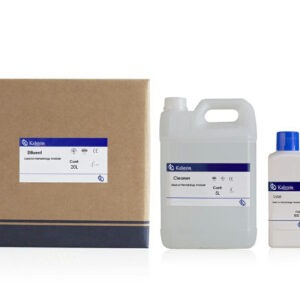Description
The Hematology Reagent is an indispensable solution used in laboratories to significantly improve the accuracy and efficiency of blood cell analyses. It functions as a crucial cleaning agent within blood cell analyzers, ensuring precise detection of blood cells and hemoglobin levels. By effectively breaking down red blood cells and dissolving hemoglobin, it maintains the structural integrity of cells, allowing for accurate classification, counting, and quantitative analysis. Laboratories dedicated to hematological diagnostics and research rely on this versatile reagent for optimal performance.
Market Price
The market price for hematology reagents varies widely, depending on the specific formulation and volume required. With such products, prices can range significantly, and purchasing in bulk often results in reduced per-unit costs. For an accurate quotation and exclusive deals, we invite you to use our Kalstein Plus platform to generate an automatic quote or to request a customized estimate directly.
Frequently Asked Questions
What is a hematology reagent? A hematology reagent is a chemical substance used in labs to assist in analyzing blood samples efficiently.
How should hematology reagents be stored? These reagents must be kept in a cool, dry environment away from direct sunlight, following the manufacturer’s recommended temperature guidelines.
What safety precautions should be taken? It is crucial to wear protective gear, like gloves and goggles, when handling chemical reagents to minimize exposure risks.
Advantages and Disadvantages
The main advantage of using hematology reagents is their ability to enhance the precision and efficiency of blood analyses, as they are specifically designed for compatibility with automated analyzers, reducing manual errors and saving time. A possible disadvantage is the need for careful storage and handling to prevent degradation or contamination.
Field Application
Hematology reagents are extensively applied in clinical laboratories, hospitals, and research facilities. They are essential in the preparation and maintenance of blood specimens, ensuring the reliability of automated analysis results in diagnosing a variety of blood disorders and conditions.
Recommendations
For best performance, it is advisable to strictly follow the manufacturer’s guidelines regarding the storage, handling, and use of hematology reagents. Regular calibration and maintenance of analyzers using these reagents are also recommended to ensure consistent and accurate results.
Features
- Enhances blood cell analysis accuracy
- Facilitates preparation and maintenance of samples
- Available in multiple formulations and volumes
- Compatible with most automated analyzers
- Cost-effective in bulk purchases
Technical Specifications
| YRA45 | Diluent | 20L |
| YRA46 | Lyse | 500ml |
| YRA47 | Rinse | 5L, 20L |
| YRA48 | EZ Cleaner | 100ml |
| YRA49 | Probe Cleaner | 50ml |
| YRA50 | Diluent | 20L |
| YRA51 | EO-I Lyse | 1L |
| YRA52 | EO-II Lyse | 500ml |
| YRA53 | LH Lyse | 500ml |
| YRA54 | Cleaner | 1L |
| YRA55 | Probe Cleaner | 50ml |
| YRA56 | Diluent | 20L |
| YRA57 | EO-I Lyse | 1L |
| YRA58 | EO-II Lyse | 500ml, 200ml |
| YRA59 | LH Lyse | 500ml |
| YRA60 | Probe Cleaner | 50ml |
| YRA61 | Diluent | 20L |
| YRA62 | 52 DIFF Lyse | 500ml |
| YRA63 | 52 LH Lyse | 100ml |
| YRA64 | Probe Cleaner | 50ml |
| YRA65 | Diluent | 20L |
| YRA66 | EO-I Lyser | 1L |
| YRA67 | EO-II Lyser | 500ml |
| YRA68 | LH Lyser | 500ml |
| YRA69 | LBA Lyser | 1L |
| YRA70 | Cleaner | 1L |
| YRA71 | Probe Cleaner | 50ml |





